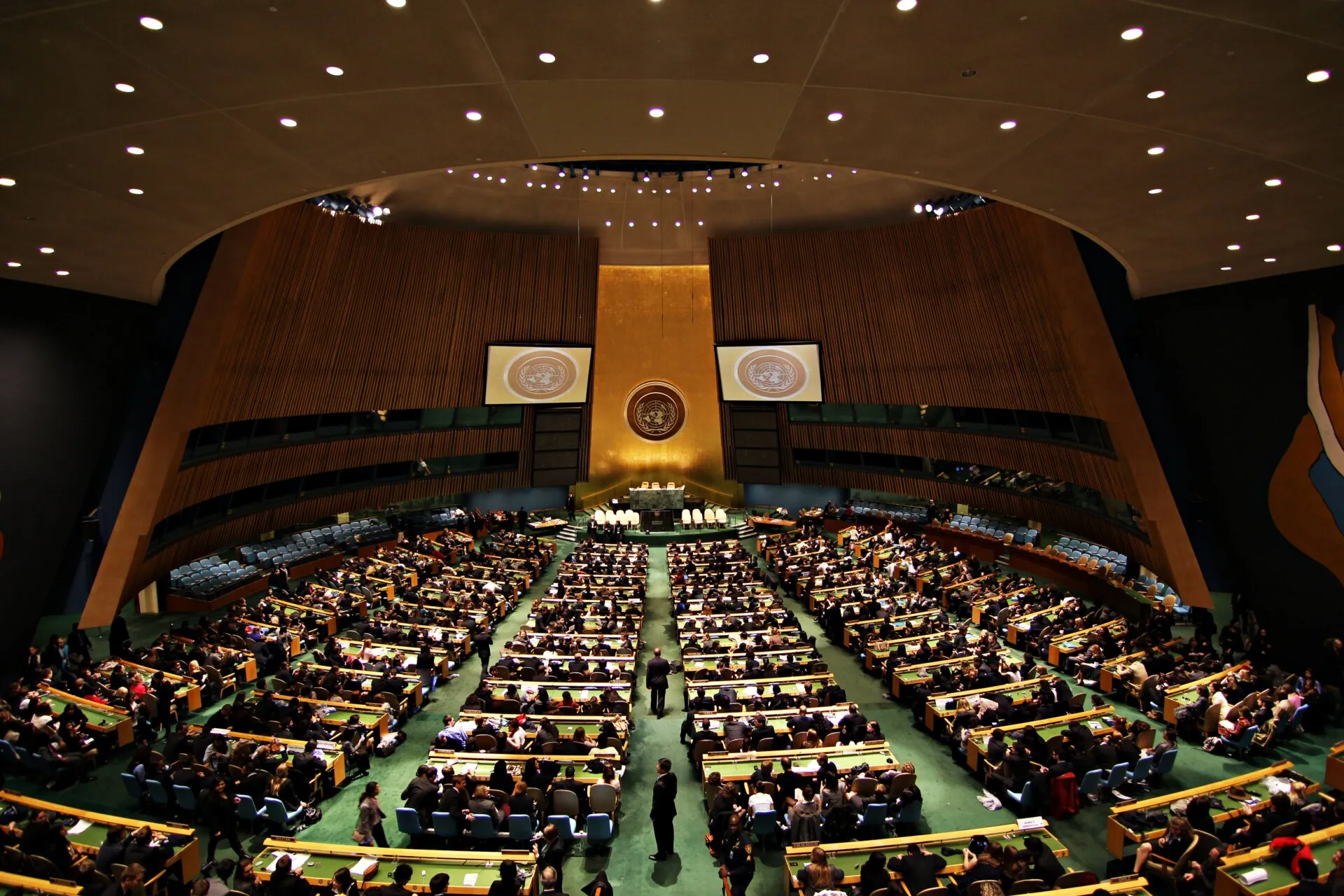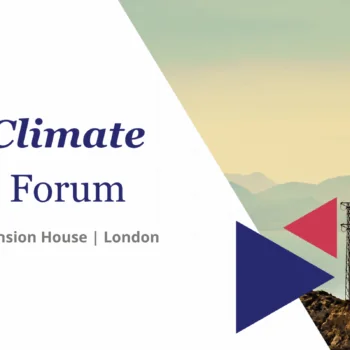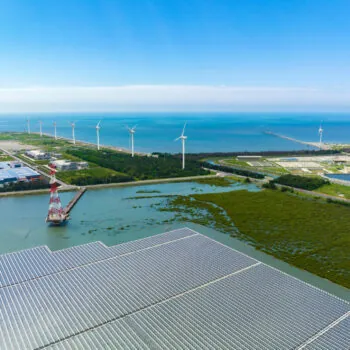The world is roiled by multiple global challenges requiring pressing attention – conflicts in Ukraine and the Middle East, mounting security concerns in the Indo-Pacific, growing humanitarian needs and displacement, and all intensified by a turbulent year of global elections with far-reaching ramifications for leadership and governance. But one overarching crisis demands our immediate and undivided attention: Climate change. Daily, we see how catastrophic heating, floods, drought and other climate impacts affect every continent and worsen other challenges, from conflict to food insecurity, economic instability and global power dynamics.
World leaders will convene in New York this month for the annual UN General Assembly (UNGA). There, they will take stock of current challenges for global cooperation and identify solutions to come together. They will also lay out their visions and approaches to domestic and foreign policy through their Heads of State speeches, sending political signals with far-reaching impacts.
Climate must be at the top of the priority list. Here’s why:
- Critical for addressing global security: Climate change poses a significant threat to global security. Extreme weather events, rising sea levels, and resource scarcity exacerbate conflicts which can lead to displacement, poverty, and fragility. Climate change impacts can also affect existing governance structures, partnerships and alliances between states, further increasing instability. By prioritizing climate action, leaders can help mitigate these risks and create a more secure and stable world.
- Future of our global economy: The net zero transition is the economic opportunity of our lifetime. According to the IMF, an orderly transition to net zero by 2050 could boost global GDP by 7% compared with current policies. Taking decisive action now can add $43 trillion to the global economy by 2070. By contrast, inaction is projected to cost the global economy $178 trillion. Investments in renewable energy, sustainable infrastructure, and green technologies positively impact economic growth. But more must be done to accelerate at the pace that is required. Countries leading in and partnering with others in these areas will shape the future global economy and reap substantial benefits.
- Demands global cooperation and responds to public opinion: The response to climate change increasingly impacts and is impacted by geopolitical dynamics – from green tech to climate investments, critical minerals to rising seas. The nature of the problem means that no single country can tackle climate change alone. Citizens agree. In a recent survey, over 80% of people globally want their government to do more to tackle climate change and to put aside geopolitical differences to work together to do so. By prioritizing climate, world leaders can prove their commitment to working together for the common good, fostering a spirit of renewed international cooperation.
UNGA79 is a critical moment in the diplomatic calendar to coalesce with political resolve in demonstrating why climate action is a must-have – not a nice-to-have – priority for governments around the world. Doing so will help drive climate ambition and cooperation as the world looks ahead to COP29 this November – when countries are expected to agree to a new finance goal – and beyond into 2025. Indeed, next year is critical for climate action: The Paris Agreement will be ten years old. Under it, all countries are supposed to commit to new national climate goals, or Nationally Determined Contributions (NDCs). Far from a technical exercise, done well these NDCs are blueprints for development to drive economic growth and job creation and address core challenges of poverty and economic insecurity. Countries must maximize the UNGA moment to trail their ambitious commitments on international climate finance and NDCs and push for ambition from others including around both mitigation and adaptation policies, practices, and investments.
Climate change is transforming our politics, our economies, and our societies. Amidst the many pressing issues at play, world leaders must take the global stage with a firm resolve that climate action remains a key priority. Not only will this demonstrate that international cooperation works at a time when it’s needed more than ever, but it will also demonstrate the commitment to a sustainable and secure future, seize the immense opportunities of a green economy and prevent the far greater human, economic, and environmental costs of inaction.


